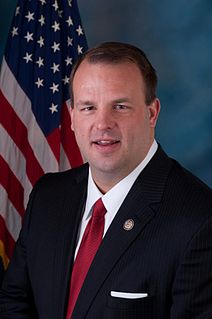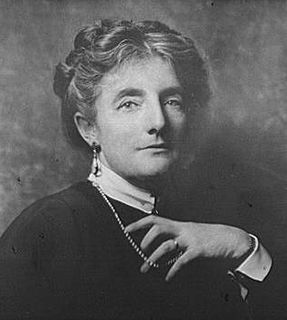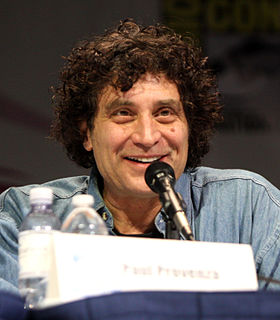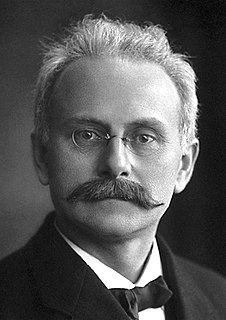A Quote by Nicole Kidman
The ancient Greeks, poets, authors and philosophers all puzzled over the question but nobody really knows what love is - including me. Longing for another person is an exciting mental experience.
Related Quotes
Am I in love? Absolutely. I'm in love with ancient philosophers, foreign painters, classic authors, and musicians who have died long ago. I'm a passionate lover. I fawn over these people. I have given them my heart and my soul. The trouble is, I'm unable to love anyone tangible. I have sacrificed a physical bond, for a metaphysical relationship. I am the ultimate idealistic lover.
Philosophers and psychologists have long puzzled over the question of how we know as much as we do despite our limited experiences. One way is to see how children learn. Another example is consciousness. The concept is usually explored by armchair academics. Looking at kids expands our conceptions of consciousness.
A short-lived fascination with another person may be exciting-I think we've all seen people aglow, in a state of being "in love with love"-but such an attraction is not sustainable over the long run. Paradoxically, human love is sanctified not in the height of attraction and enthusiasm, but in the everyday struggles of living with another person. It is not in romance but in routine that the possibilities for transformation are made manifest. And that requires commitment.
All myth is an enriched pattern, a two-faced proposition, allowing its operator to say one thing and mean another, to lead a double life. Hence the notion found early in ancient thought that all poets are liars. And from the true lies of poetry trickled out a question. What really connects words and things?
Poverty became something one could see and experience firsthand, no matter where one was on the economic ladder; it became something you could viscerally experience through the lives of friends, family, neighbors, colleagues. I'd venture to say it's a rare person in 2013 America who knows nobody who lost a job in the recession, or knows nobody whose home went underwater or who went into foreclosure.
I have heard what poets write about women. They rhyme and rhapsodize and lie. I have watched sailors on the shore stare mutely at the slow-rolling swell of the sea. I have watched old soldiers with hearts like leather grow teary-eyed at their king's colors stretched against the wind. Listen to me: these men know nothing of love. You will not find it in the words of poets or the longing eyes of sailors. If you want to know of love, look to a trouper's hands as he makes his music. A trouper knows.
Experts in ancient Greek culture say that people back then didn't see their thoughts as belonging to them. When ancient Greeks had a thought, it occurred to them as a god or goddess giving an order. Apollo was telling them to be brave. Athena was telling them to fall in love. Now people hear a commercial for sour cream potato chips and rush out to buy, but now they call this free will. At least the ancient Greeks were being honest.




































